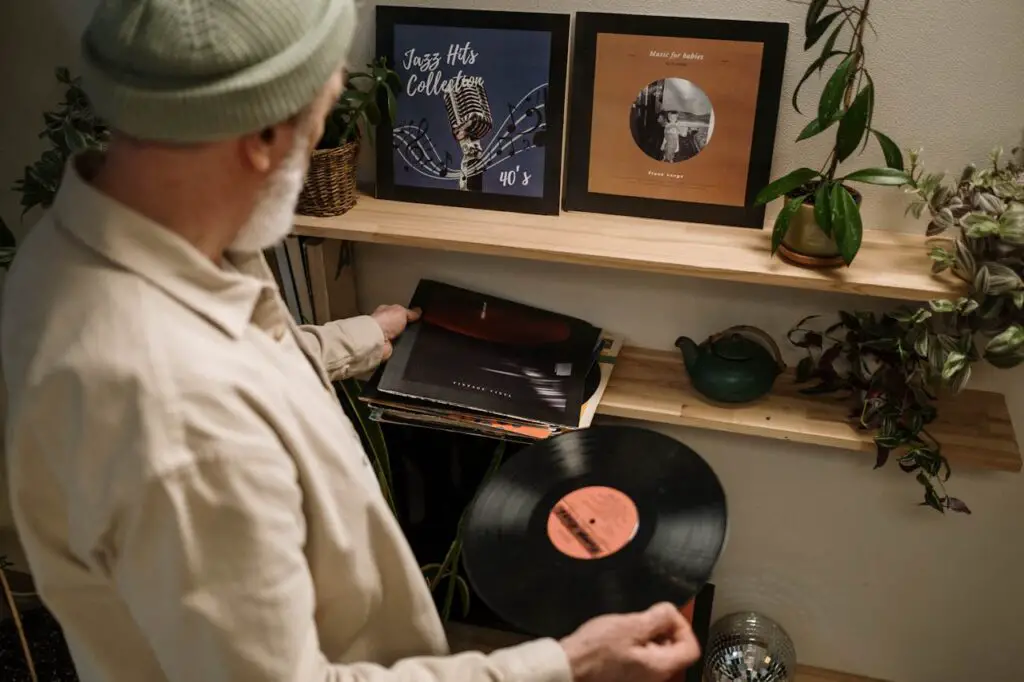12 Remarkable Ways Music Boosts Memory and Mood for Baby Boomers

If you grew up with vinyl records, transistor radios, and maybe even an eight-track player in your car, then you already know the power of music. For baby boomers, music has always been more than just background noise. It has been the soundtrack to life—whether it was The Beatles playing as you studied for finals, Motown hits at a summer cookout, or classic rock blaring on a long drive with friends.
What you might not realize is that those very songs that once defined your youth can now play a powerful role in keeping your brain sharp, lifting your mood, and even supporting your health as you age. Science has proven what you may have felt all along: music is not just entertainment, it is medicine for the mind and spirit.
So, if you are looking for enjoyable, practical ways to give your memory a workout and brighten your day, turn up the volume. Here are 12 remarkable ways music can help baby boomers live with more joy, clarity, and connection.
1. Triggers Meaningful Memories

Hearing a familiar song can take you back in time faster than flipping through a photo album. Maybe it is the song from your prom, your wedding dance, or a cross-country road trip with the windows down. These “music-evoked memories” light up parts of the brain connected to personal experiences. For baby boomers, this is a wonderful way to relive treasured moments, share stories with loved ones, and keep the memory muscles working.
2. Strengthens Brain Function

Music is a workout for the brain. When you listen to or play music, multiple areas of the brain are engaged at once—memory, language, and attention all fire up. Studies show that older adults who stay musically active can preserve and even improve their cognitive abilities. Whether you hum along, belt out a tune, or pick up an instrument, you are not just making music, you are giving your brain a healthy exercise routine.
3. Lifts Mood and Relieves Stress

We all have those days when stress and worry seem to pile up. Music can be an instant mood lifter. Studies show that nearly three out of four adults over 50 say music helps them relax and ease stress. The right song can lower stress hormones, release feel-good chemicals like dopamine, and bring comfort in moments of anxiety. In other words, your favorite playlist may be more effective than that extra cup of coffee.
4. Supports Better Sleep

Good sleep is essential for memory and overall health, yet many baby boomers find restful nights harder to come by. Music can help. Listening to soothing songs before bedtime can lower heart rate, calm the mind, and create the perfect environment for falling asleep. Creating a nightly routine that includes calming music may help you drift off more quickly and wake up feeling refreshed.
5. Improves Focus and Attention

Do you ever find your attention wandering when you are trying to read, write, or work on a puzzle? Music can help you concentrate. Gentle, instrumental tracks with fewer lyrics are especially good for cutting through distractions. By adding a little background music to your daily activities, you may find yourself more focused and productive.
6. Boosts Learning and Memory Retention

If you are picking up a new hobby, trying to learn a few words in another language, or even just remembering a recipe, music can help your brain hold on to information. The rhythm and emotion in music act like anchors that make memories stick. Pairing learning with songs makes it more fun and far easier to recall later.
7. Supports Speech and Communication

For some baby boomers, finding the right word in conversation can become a little frustrating over time. Singing along to lyrics or reciting familiar verses can help strengthen language skills and improve speech recall. Music engages the brain’s language centers in a playful way, making it a useful tool for keeping conversations flowing smoothly.
8. Helps Regulate Emotions

Music has a way of meeting us exactly where we are emotionally. On days when sadness, stress, or frustration creep in, listening to the right tune can change the atmosphere. Slow, familiar music can calm the nerves, while upbeat tracks can lift your energy and outlook. Think of music as a natural mood regulator that is always available when you need it.
9. Encourages Social Connection

One of the great joys of music is sharing it. Whether you are singing in a choir, attending a live concert, or swapping old favorites with a friend, music helps build connections. For baby boomers, who may sometimes feel isolated, music can be a bridge to community and conversation. Even something as simple as a sing-along with family can create meaningful bonding moments.
10. Slows Age-Related Cognitive Decline

Research suggests that people who regularly engage with music—through listening, singing, or playing instruments—may experience slower cognitive decline as they age. Music helps create neural pathways that serve as reserves for brain health. Picking up the guitar you set aside years ago or joining a local singing group is more than just fun—it may also help keep your mind sharper for longer.
11. Provides Comfort in Alzheimer’s and Dementia

For those living with Alzheimer’s or other forms of dementia, music can be a lifeline. Familiar songs often remain accessible even when other memories fade, providing comfort and sparking moments of recognition. Caregivers often use music to reduce agitation, bring calm, and encourage verbal expression. Music therapy has become an essential tool in memory care settings because of its unique ability to connect where words may no longer reach.
12. Inspires Movement and Physical Health

When the beat kicks in, it is hard not to move. Even light physical activity—tapping your feet, clapping, dancing, or playing an instrument—stimulates coordination, balance, and blood flow. Moving to music combines exercise with joy, which makes it more sustainable. For baby boomers, this means a fun way to stay active while also boosting brain and body health at the same time.
Final Thoughts

Music is so much more than entertainment—it is a bridge to the past, a balm for the present, and a tool for a healthier future. For baby boomers, the songs that once defined your youth can now serve as a way to strengthen memory, brighten mood, and nurture well-being.
So the next time you are feeling stressed, distracted, or just in need of a lift, do not underestimate the power of pressing play. Let the music you love guide you back to cherished memories, bring joy into your day, and remind you that the rhythm of life is always worth dancing to.
Leave a Reply